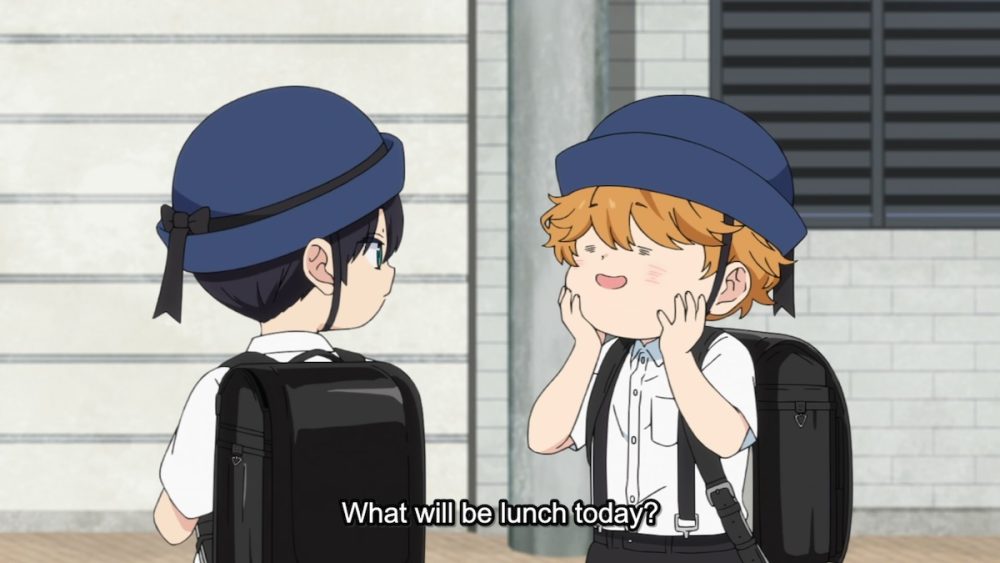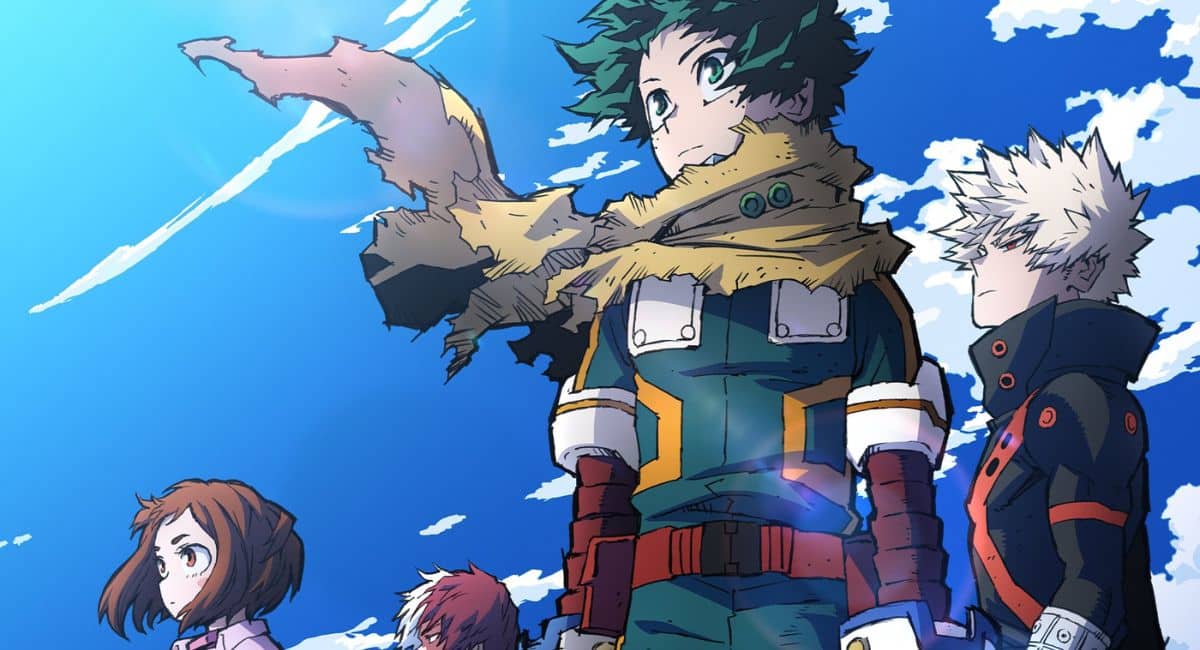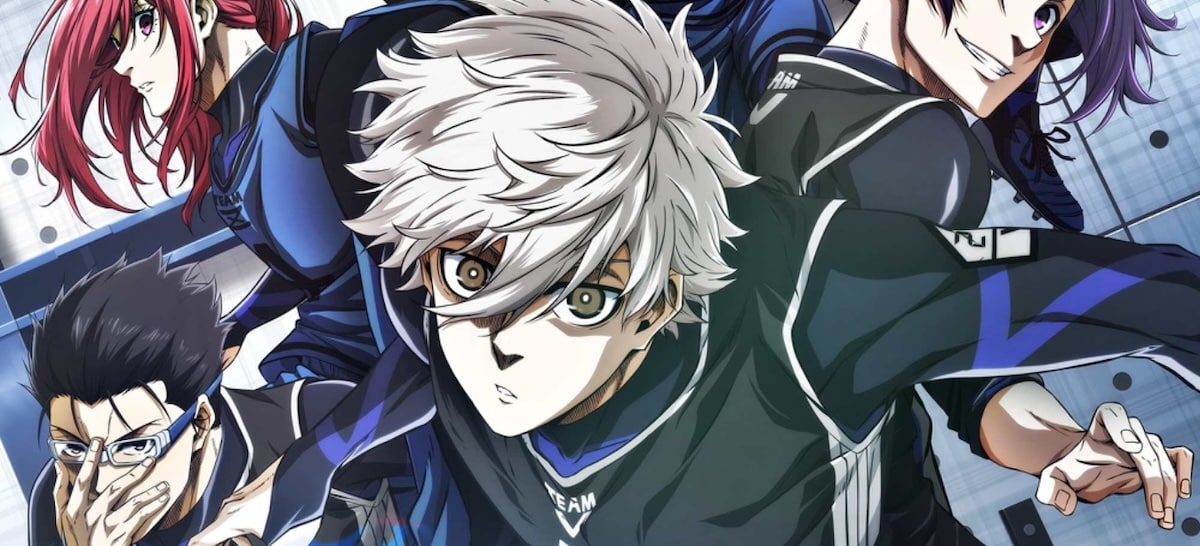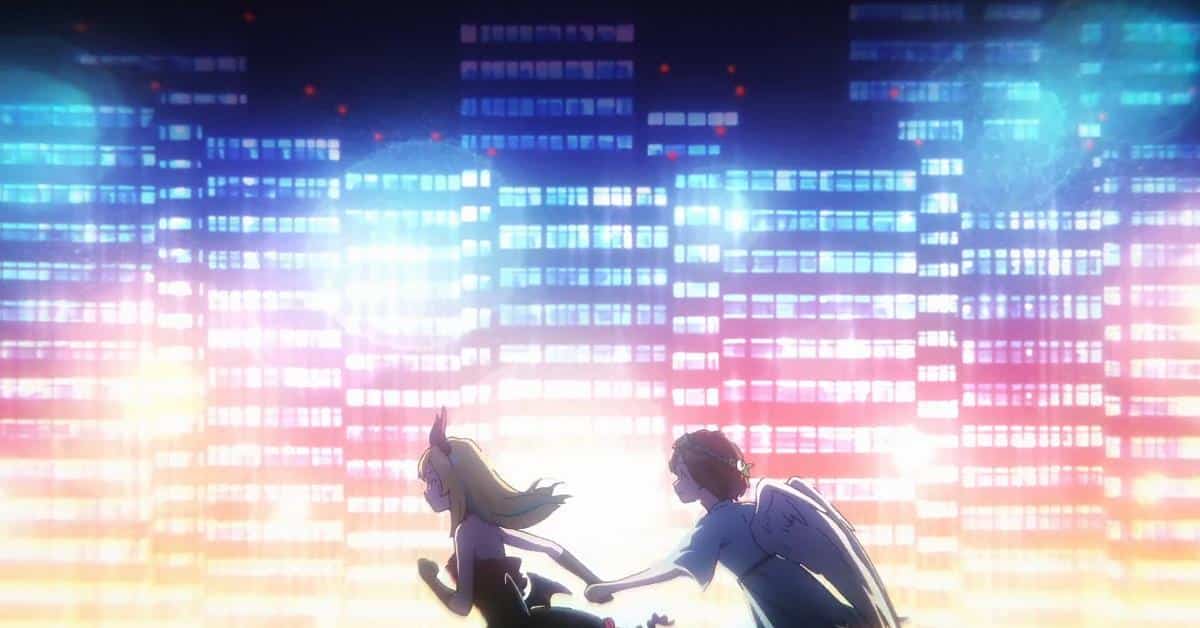Last week, The Verge’s Decoder podcast released an interview with Crunchyroll CEO Rahul Purini that covered a wide range of topics, including the company’s growth and licensing and the impact of Crunchyroll’s merger with Funimation. However, the announcement that the anime streamer was testing artificial intelligence (AI) for subtitling and closed captioning grabbed most people’s attention.
The use of AI is a hot debate amongst creatives right now, and rightly so. Generative AI, for those not familiar, is artificial intelligence capable of generating words, images, and other data from “learned” data, often based on prompts. Stable Diffusion and Midjourney may be the most famous examples of generative AI programs. However, most generative AI learns from data that isn’t ethically sourced, often taken from wherever without the permission of the people who created said work.
What Crunchyroll proposes is similar to what Google advertises in its commercials for its latest model of Pixel: live translation.
They’re looking to translate directly from the vocals into text. This means whatever is spoken will be used for subtitles. Right now, the company is only in the testing phase.
It’s easy to be upset. It’s also easy to see why a company would want to move in this direction. Yet, it’s still a decision that won’t benefit the company or the streaming service fans.
Why move to AI subtitling?
So the question is, why would Crunchyroll test AI to create subtitles? In a word, growth.
Purini focuses on anime’s growth in the interview. He reports that Crunchyroll has over 13 million subscribers. While a small fish in the streaming pond (for comparison, Netflix has around 260 million subscribers), Crunchyroll is THE streamer for anime, especially after the merger with Funimation.
Now, there are other anime streaming services out there. HiDive and RetroCrush come to mind as strictly anime services. As for larger streamers, Netflix, Hulu, and Amazon Prime have anime in their libraries. However, now that they’ve merged with Funimation, no one has the depth in their anime library Crunchyroll has. Crunchyroll is an anime destination for casual viewers and hardcore otaku.
According to Purini, that’s still growing. He spends most of the interview discussing growth and what draws viewers to the service. For Purini, using AI is about getting products out faster to beat piracy. Since the days of VHS and DVD, piracy has long been a boogeyman for anime companies, and getting ahead of pirates has always been a goal.
The way Purini discusses comes from the view this benefits anime and supports growth, especially to fans around the globe. Remember, Crunchyroll isn’t just a North American company; it also streams globally. If the audience and the number of subscribers is growing internationally, and people only watch subs, why not get them what they want faster? If you’re a growing streaming service, why not take the chance to keep growing your service?
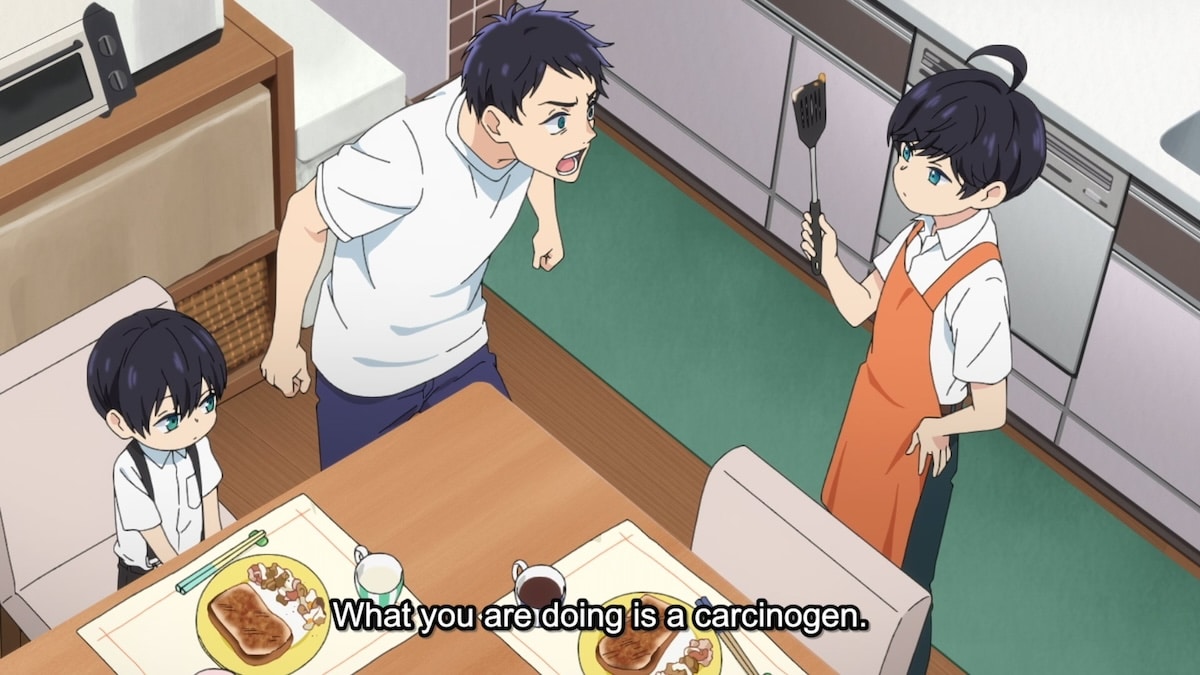
AI is bad for subtitles, as localization is necessary
AI still relies on machine learning, and a machine can only do what it’s programmed to do. As stated above, the AI that Crunchyroll is testing is likely similar to the live translation that Google Translate currently uses, a neural machine translation system version of artificial intelligence.
While it’s much better than it was in the past, there are nuances that get lost in machine translation. The easiest is grammar. If you’ve ever used Google Translate or the translation feature in a browser, you immediately notice incorrect verb-noun relationships or language that sounds robotic. Every culture also has unique slang, vernacular, and idioms. Each can be interpreted in many ways. This is where a good translator comes in and relates one culture to another.
Translation isn’t just about changing one word to another. It’s about giving context and bringing one culture to another. Leaving something as important to anime as translation to a machine will not benefit Crunchyroll in the long run because fans of both anime and manga notice bad translations immediately. Fans have long complained about bad translations (just Google “TOKYOPOP Bad Translations”), and they noticed it last October on Crunchyroll when the first episode of The Yuzuki Family’s Four Sons debuted with very suspicious subtitles.
Christ pic.twitter.com/ag4wLGNyPb
— Yami ReiRei, JK (@LossThief) October 5, 2023
— Yami ReiRei, JK (@LossThief) October 5, 2023
OK now there's two versions of each line, sometimes with slightly different wording.
The fuck. pic.twitter.com/sGt3CGmxhO
— Yami ReiRei, JK (@LossThief) October 5, 2023
At the least, they were unprofessional, with sentences looking off and dialogue and names reading as literal rather than conversational. At worst, fans theorized these subtitles were AI-generated. Ani-One Asia, who licensed the series in Asia, aired it with different subtitles with fewer errors.
This is why a good translator is so important. There’s a difference between localization and translation. A translator is a human who knows how people use a language. They are a bridge from one culture to another. A person can give context to idioms unique to one language and make sure they sound natural in another. Maybe more than an actor, they bring to life these characters that we all enjoy in a way that sounds natural to us.
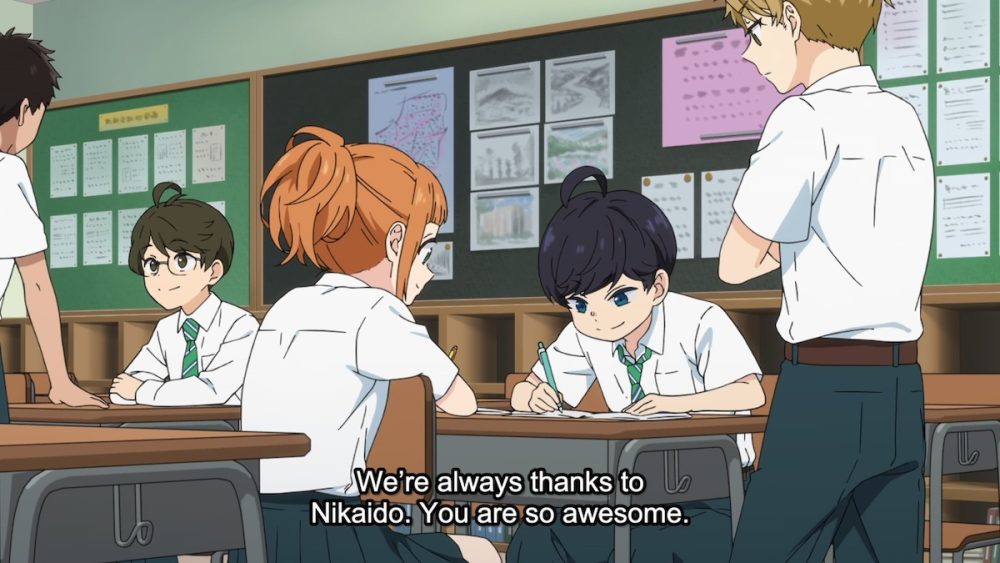
Where is Crunchyroll going from here?
The depressing fact is that even with the bad publicity this interview generated, Crunchyroll will likely continue to test AI. Anime is a massive business these days, a far cry from when it was a niche hobby. When a major recording artist like Megan Thee Stallion shows up to host an anime awards show in a dress inspired by Jojo’s Bizarre Adventure, it’s hard not to call it mainstream.

Their growth as a company depends on getting products out to fans. Purini discusses how Crunchyroll isn’t just for North American or Asian fans; anime is now global. Using something that makes it easier to translate into multiple languages sounds like a good proposal.
However, watching anime is a cultural exchange. Anime viewers may enjoy watching their favorite show, but that’s because of the hard work everyone puts into an episode. This includes the translators and everyone working to localize the series. They provide an invaluable service to everyone who loves anime around the world. The people who translate these series are likely people who learned Japanese because they loved anime.
The bare minimum of translation is hypothetically something that AI can do. However, language is such a malleable thing. Words hold double meanings, and literal translations lose the nuance of language at best and sound robotic at worst. Translators are the secret heroes of anime companies. They bring that nuance back to audiences around the world. Not only would relying on AI deprive these people of jobs, but it would be a disservice to those same anime fans.
